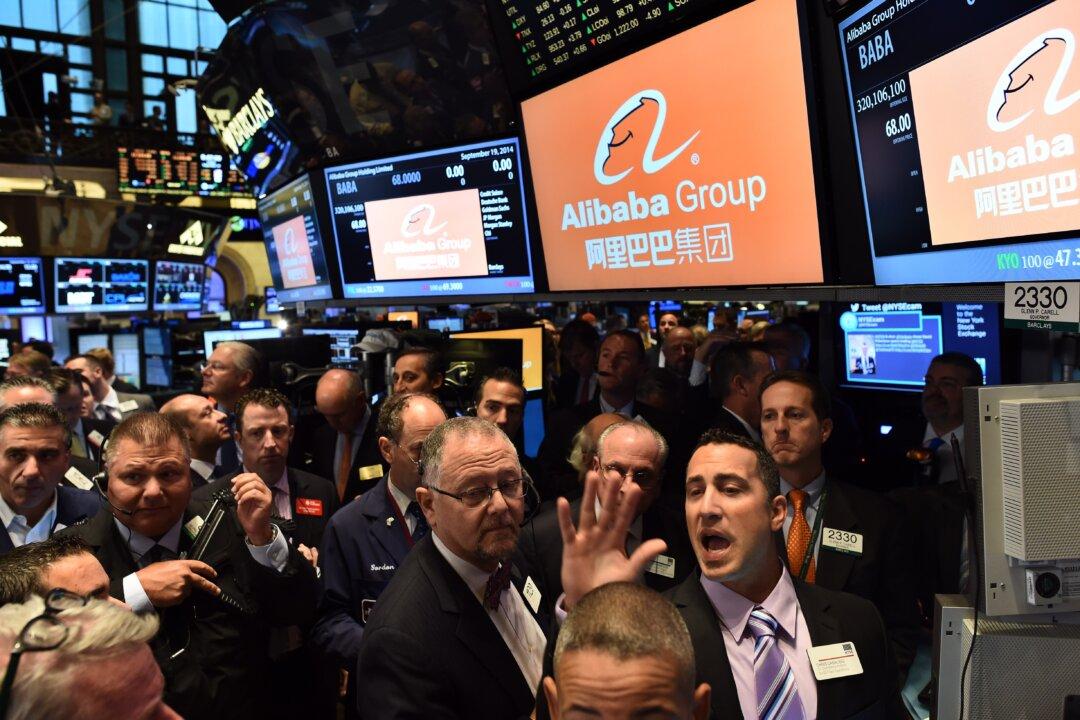WASHINGTON—A rising number of Chinese companies in U.S. capital markets pose a risk for U.S. investors as they unwittingly finance companies associated with concentration camps in China, an expert warns.
Through public pension and retirement funds, investors are transferring wealth from the United States to Chinese entities that do not comply with U.S. laws, a problem that has been overlooked for more than a decade.





